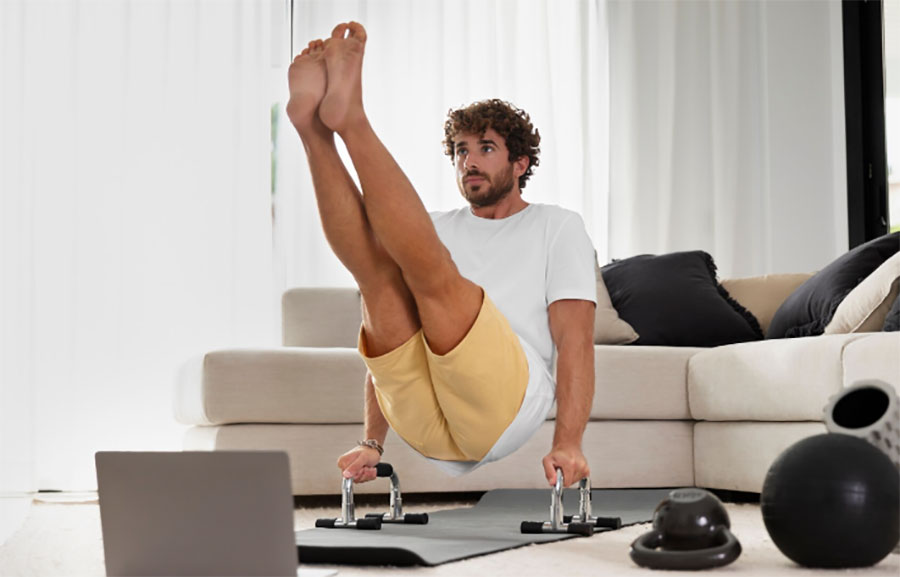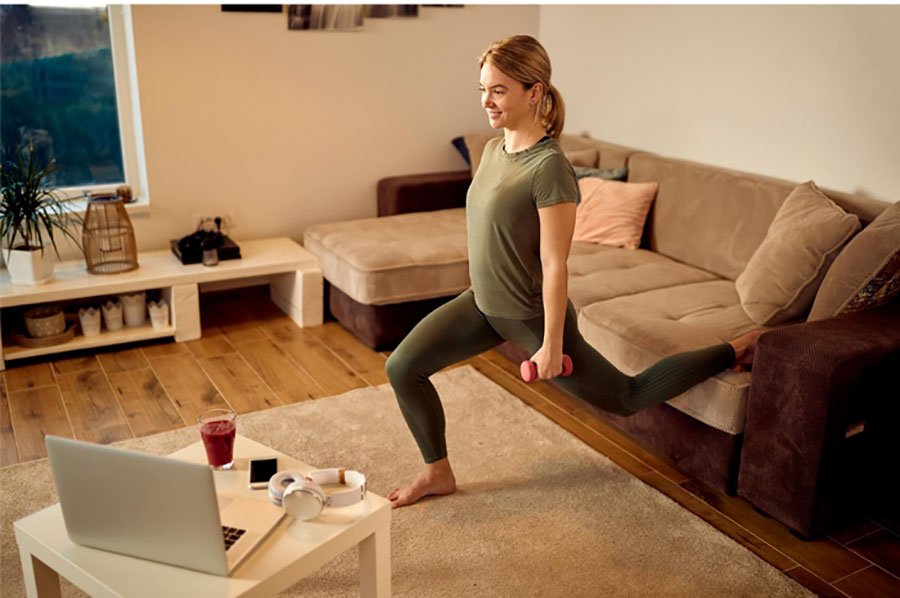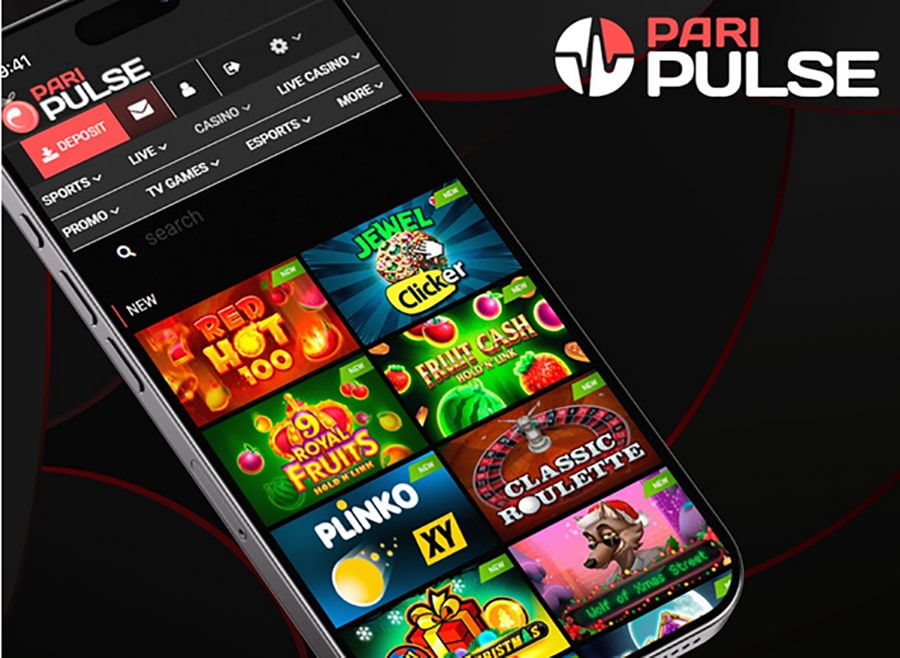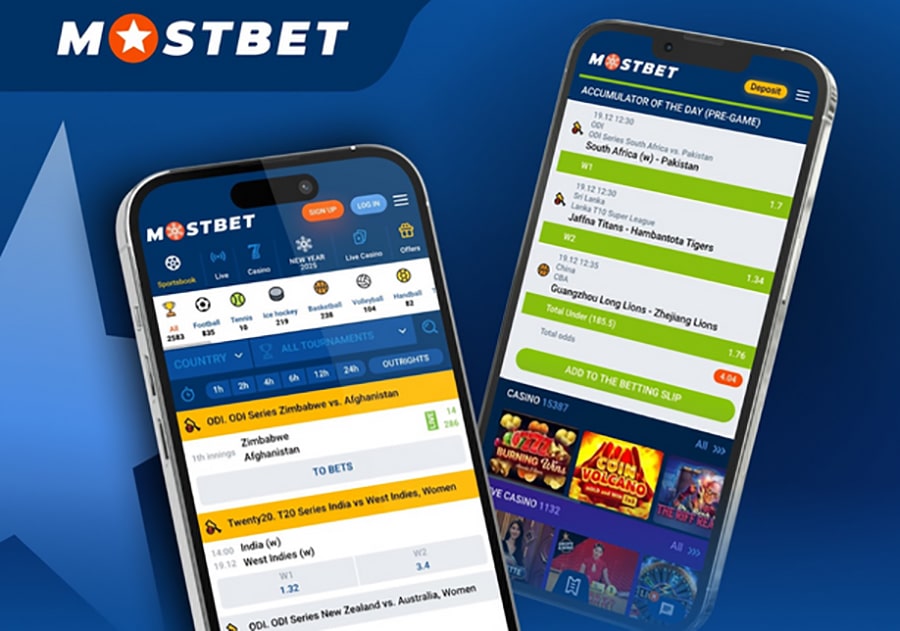What begins as a single put-of-the-couch leap can transform into an entirely new elaboration or narrative. Trust us, we’ve all fumbled with our phones while resting on the couch, vowing ourselves that we’ll ‘get to it tomorrow.’ But how often does this scenario play out? Why not open your shoes when you enter the social media sphere? No matter how minute that moment is, it can alter your life’s course.

Running, Routine, and Real-Life Rewards
The change from inactive to active is not just a physical one. It transforms our emotions, thoughts, and overall presence in everyday life. Participating in physical activities, even leisurely, teaches self-control; enhances confidence, and fosters a physical-mental connection. And just like any challenge—whether it’s showing up to the gym or testing your luck at an online casino Bangladesh—it starts with action, not perfection.
Why Sports Matter More Than You Think
Goals do not define the power of sport. Everyone can experience “the firsts” in our lives, which are best appreciated through sport. Be it waking up at 6 am, completing a 3-week workout challenge, or running a full kilometer without taking a break. These milestones through sport serve a purpose beyond just “looking good”; they help build balance, clarity, and keep our minds focused, all while believing we are trying to achieve something. For even elite athletes, working towards a podium finish gives a sense of purpose, structure, and focus in life. And that is the beauty of sport, it aids our muscles and, need I say, acts like a medicine/stretch for our brains.
The Couch-to-5K Effect
Programs like “Couch to 5K” didn’t explode in popularity by accident. They work because they’re simple. You start small. You stay consistent. You get results. And it’s not about being fast — it’s about showing up, week after week.
These beginner-friendly programs allow people to ease into fitness without pressure. There are no gym memberships, no fancy gear, just your body, a decent pair of shoes, and a plan.
What Changes When You Start?
People often expect physical changes — weight loss, better endurance, improved sleep. But the emotional and mental shifts are just as real. Here’s what many new runners and fitness starters report after just a few weeks of consistent movement:
- Less anxiety and a calmer mind
- More patience throughout the day
- Better focus on work or school
- A stronger sense of control and confidence
- A feeling of momentum and progress
Suddenly, that couch doesn’t seem so comfortable anymore.
Realistic, Not Radical: Small Steps Add Up
The key to long-term results isn’t radical effort — it’s sticking with it. You don’t have to go from zero to marathon overnight. Doing too much too soon is often why people quit. The real power comes from showing up again. And again.
Here’s a quick look at how even modest fitness changes can ripple into different parts of life:
| Habit Added | Impact Felt |
| 3 walks per week | Better mood and more energy |
| Weekly fun runs | New friends and community connections |
| Morning stretching | Less tension and better focus at work |
| Swapping TV for biking | Lower stress and improved sleep |
| Tracking meals | Smarter choices and more awareness |
Community and Accountability
One of the underrated benefits of sport is the people you meet along the way. Running groups, fitness classes, and even online forums offer connection and accountability.
Being part of a group, even informally, helps with consistency. You’re less likely to bail on a workout when someone’s waiting for you. And cheering others on (or being cheered for) makes the process way more fun.
Shared struggles — like sore legs or bad runs — become bonding moments. And those bonds often carry beyond the track or trail.
Confidence You Can Use Anywhere
You see yourself differently once you’ve trained for something — even a 5K. You begin to trust your ability to push through discomfort. You know what it feels like to make progress, slowly and steadily. That experience gives people a type of confidence that goes far beyond sport.
This often shows up in unexpected ways:
- Asking for a raise becomes less scary
- Starting a side hustle feels doable
- Tackling messy personal stuff doesn’t seem impossible
- Saying no (or yes) becomes easier because you know your own strength
In short, sport becomes more than movement. It becomes proof.
The Joy of Discipline
“Discipline” sometimes gets a bad rap — it sounds strict, maybe even harsh. But in reality, it’s a kind of freedom. When you have discipline, you’re not stuck waiting for motivation. You move anyway. And the more you move, the easier it gets.
Running teaches this gently. You start with short walks. Then you add light jogs. One day, you realize you’ve gone further than ever before — not because you forced it, but because you practiced it.
That’s how people grow. Not with a single epic workout, but dozens of boring, steady ones that no one sees.

Who Is Sport Really For?
Sport is for everyone. It doesn’t care if you’re fast, tall, flexible, or coordinated. It doesn’t care if you’re 15 or 50. It just asks that you start. And keep showing up.
You don’t need fancy leggings or a smartwatch. You don’t need to know all the stretches or track every mile. You just need to move with whatever body, schedule, or background you’ve got.
Because sport isn’t about being great, it’s about becoming stronger than yesterday.
Final Thought: The First Step Counts Most
If you’re still looking at your shoes instead of lifting them, here’s my advice: You are being given this sign. Go on a walk, get the app, register for that course, and do stretches wherever you are at home.
Moving from couch to 5K isn’t about running that far; it’s just about selecting to act rather than staying stagnant. Get into sports and see that they do more for you than simply improve your physical movement.


